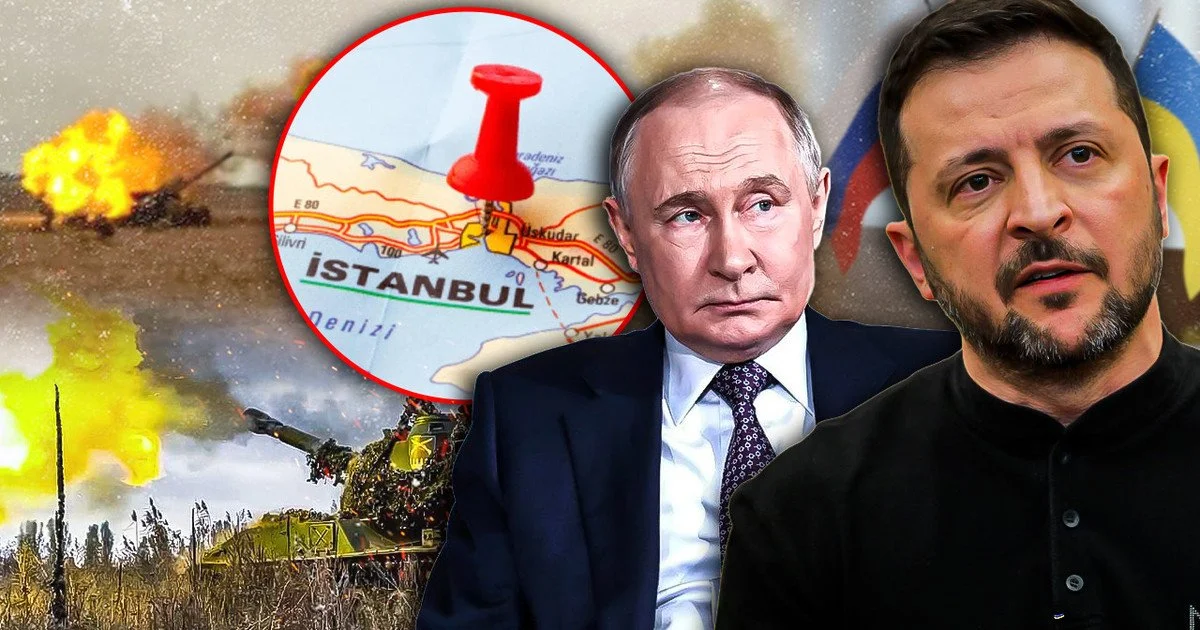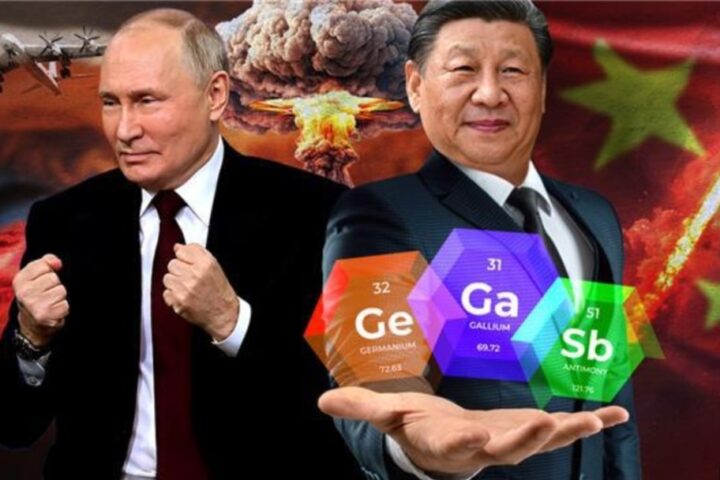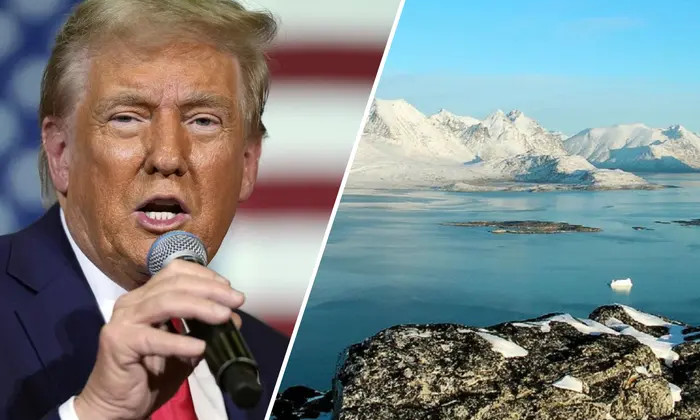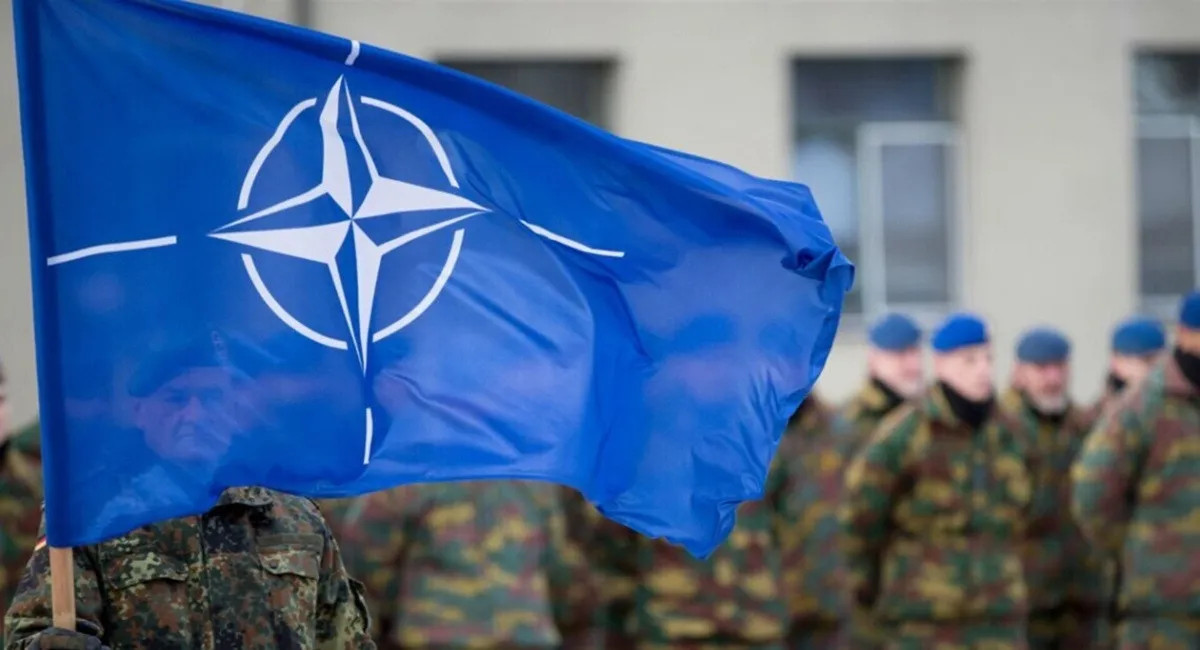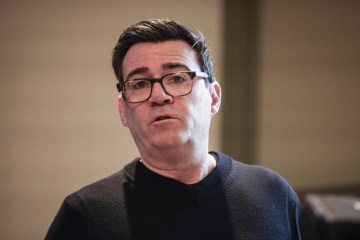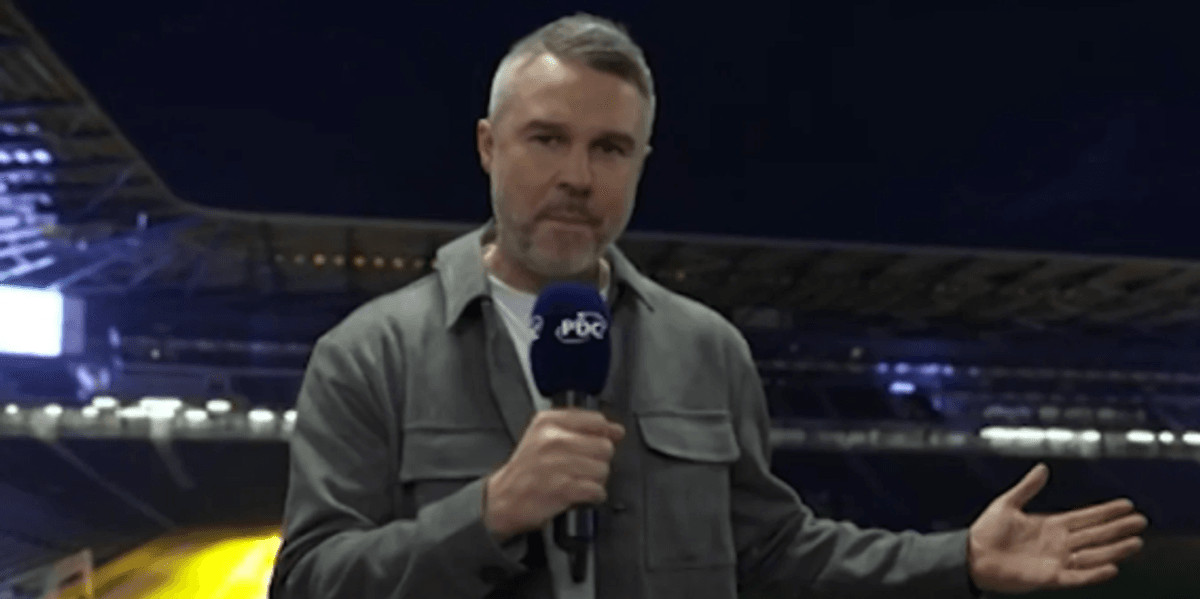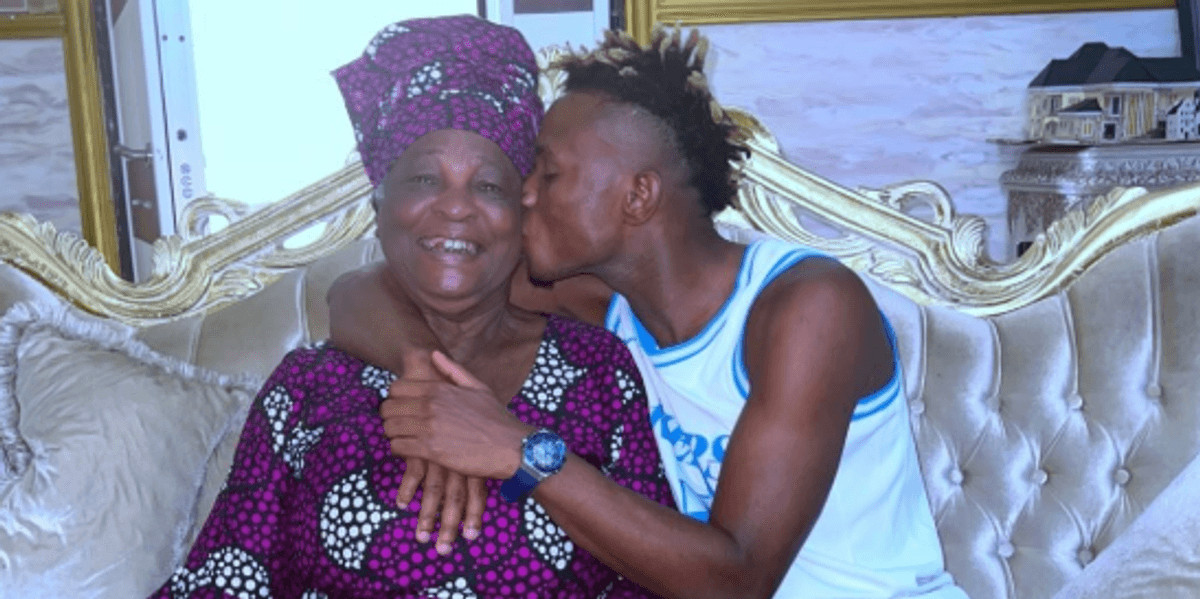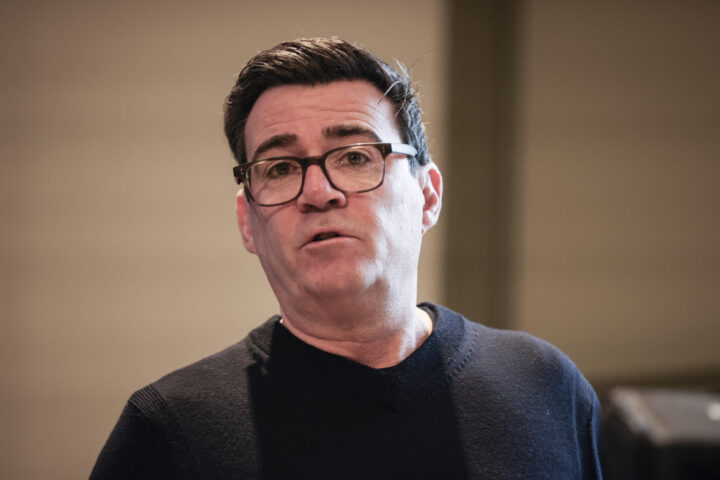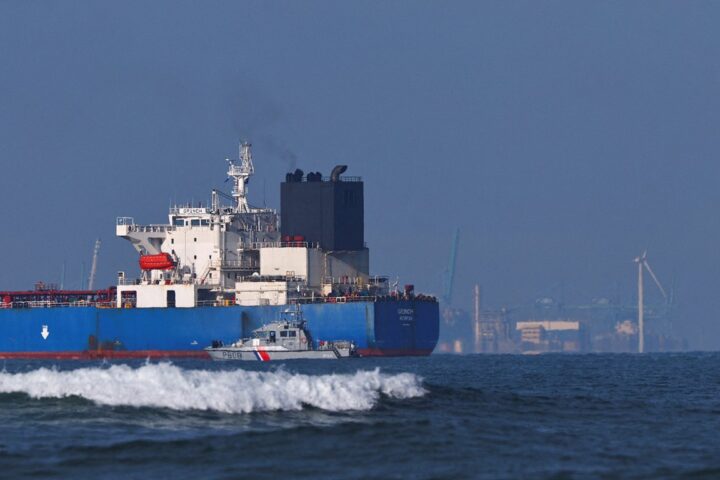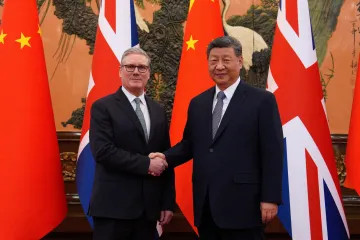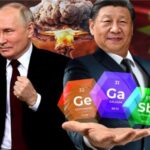As the brutal war in Ukraine grinds on, diplomacy is returning to the spotlight — but this time, on Kyiv’s terms. With an upcoming meeting in Istanbul set to bring together key global players, Ukraine’s insistence on a written memorandum from Russia has become a decisive litmus test. The message is clear: without a written commitment, there will be no discussion of a ceasefire.
This is not bureaucracy. It’s a demand for accountability, and one that Russia is already resisting.
A New Format: Not Just Another Round of Talks
The talks in Istanbul are no ordinary negotiations. Set to include national security advisors from the United States, the United Kingdom, France, and Germany, and hosted by Turkey, this summit marks a shift in tone.
While officially a platform for dialogue, the reality is different: Ukraine is no longer just participating in talks — it’s shaping the agenda.
Ukraine’s Position: Principles Over Compromise
Kyiv has laid out a clear and firm set of demands in its proposed memorandum:
- An immediate ceasefire across land, air, and sea
- The creation of an international monitoring mechanism
- Clear, enforceable commitments from all parties
On top of that, Ukraine insists on three non-negotiable conditions:
- Complete withdrawal of Russian troops
- Recognition of internationally accepted borders
- Legally binding security guarantees
This is not idealism. It’s a calculated, realistic approach born from past betrayals — every “verbal agreement” has, in the past, been followed by more missile strikes.
Russia’s Strategy: Delay, Distract, Deceive
While Russia claims to be preparing its own version of a memorandum, it refuses to share it in advance. The familiar excuse? “We’ll agree on the spot.”
This tactic has been used before — from Minsk to Sochi, vague promises gave way to manipulation. Moscow’s main demand remains Ukraine’s neutrality and an end to NATO aspirations.
But why won’t Russia put it in writing? Because a written agreement means taking responsibility, and that’s the one thing the Kremlin dreads.
The Role of Global Mediators: Will the West Hold the Line?
Ukraine’s allies — especially the UK, US, France, and Germany — play a delicate role. They are both supporters and referees, tasked with steering talks toward real outcomes rather than frozen conflict.
Turkey, seeking to raise its global profile, is walking a fine line between East and West. But its participation could potentially lead to a framework of so-called “Istanbul Accords” — if the foundations are built with integrity.
What Past Talks Reveal: Russia Stalls, Ukraine Pushes Forward
The last round of discussions on 16 May brought minimal progress. Beyond a basic prisoner exchange, there were no breakthroughs on territory, security, or troop withdrawal.
This pattern is telling: while Ukraine uses talks to secure outcomes, Russia uses them to run down the clock.
Irreconcilable Goals: Territory and Geopolitics at the Core
Ukraine’s message could not be clearer:
- Crimea and Donbas are not up for negotiation
- Sovereignty and territorial integrity are non-negotiable
- EU and NATO integration is a strategic choice
Russia, by contrast, wants to cement its occupation and block Ukraine’s western path. These goals are not merely different — they are fundamentally incompatible.
Global Response: Hope Tempered by Caution
Western leaders hope the Istanbul summit will offer a chance to gauge Moscow’s real intent. Turkey remains optimistic, but within diplomatic circles, few believe Russia is serious about peace.
That’s why Ukraine’s firm position is so important — it creates a framework that protects against empty promises. It’s the only way to ensure future weapons deliveries, sanctions, and peace plans rest on a solid base.
The Real Threat: A Frozen War in Disguise
Ukrainian officials are warning of the most likely — and dangerous — outcome: a frozen conflict. Moscow wants a breather, to consolidate gains and slowly push the world toward accepting a false “new normal.”
Such a pause would not bring peace. It would only sow chaos for years, and undermine the foundations of international law.
Why Ukraine’s Defence is a Global Duty
Ukraine’s stand is not just national — it’s a defence of global rules:
- That borders cannot be changed by force
- That treaties must be respected
- That sovereignty is sacred
If Russia is allowed to “pause” its invasion on its own terms, it sets a precedent for other authoritarian powers. That’s why Ukraine’s call for a memorandum is so crucial.
This isn’t just a piece of paper. It’s a mirror reflecting the world’s choices: peace through honesty — or war disguised as diplomacy.
